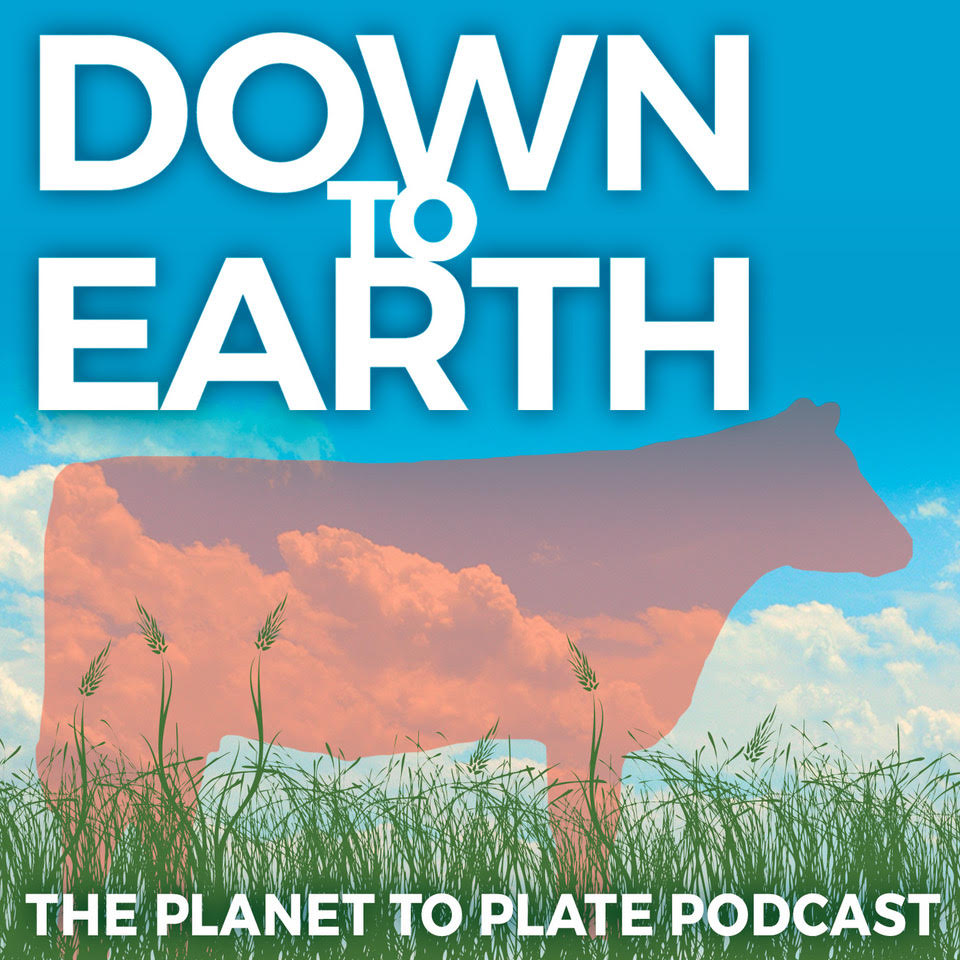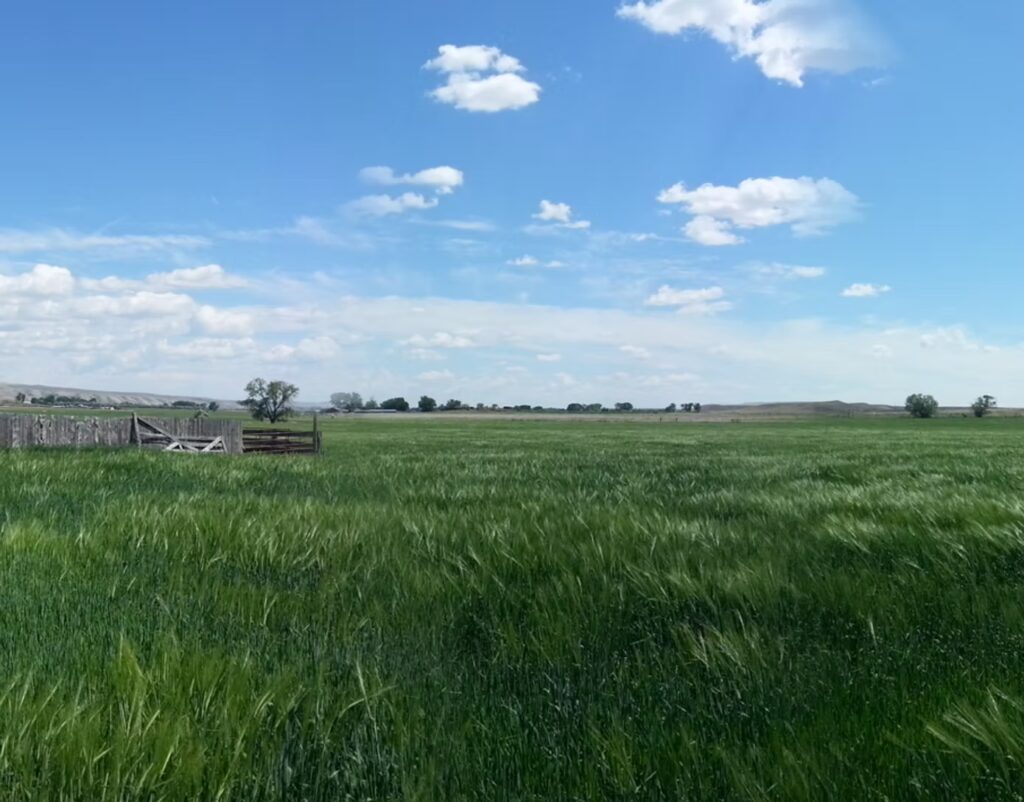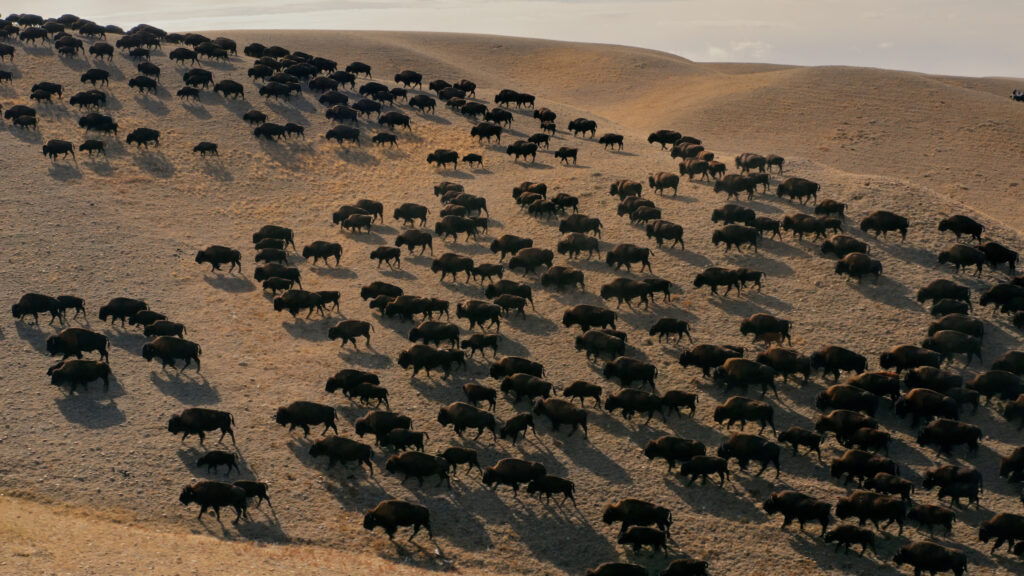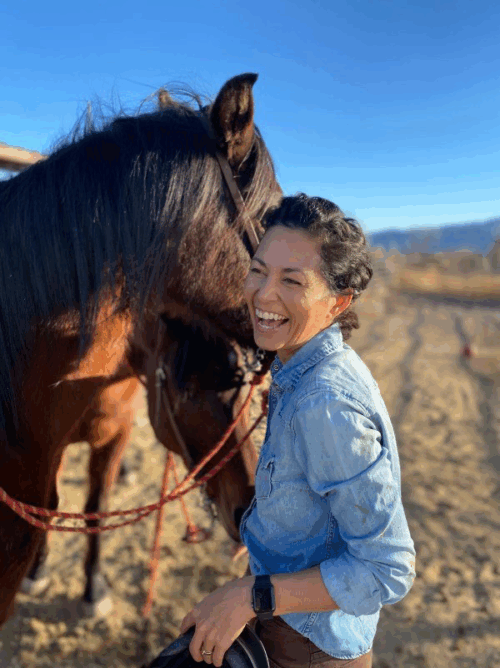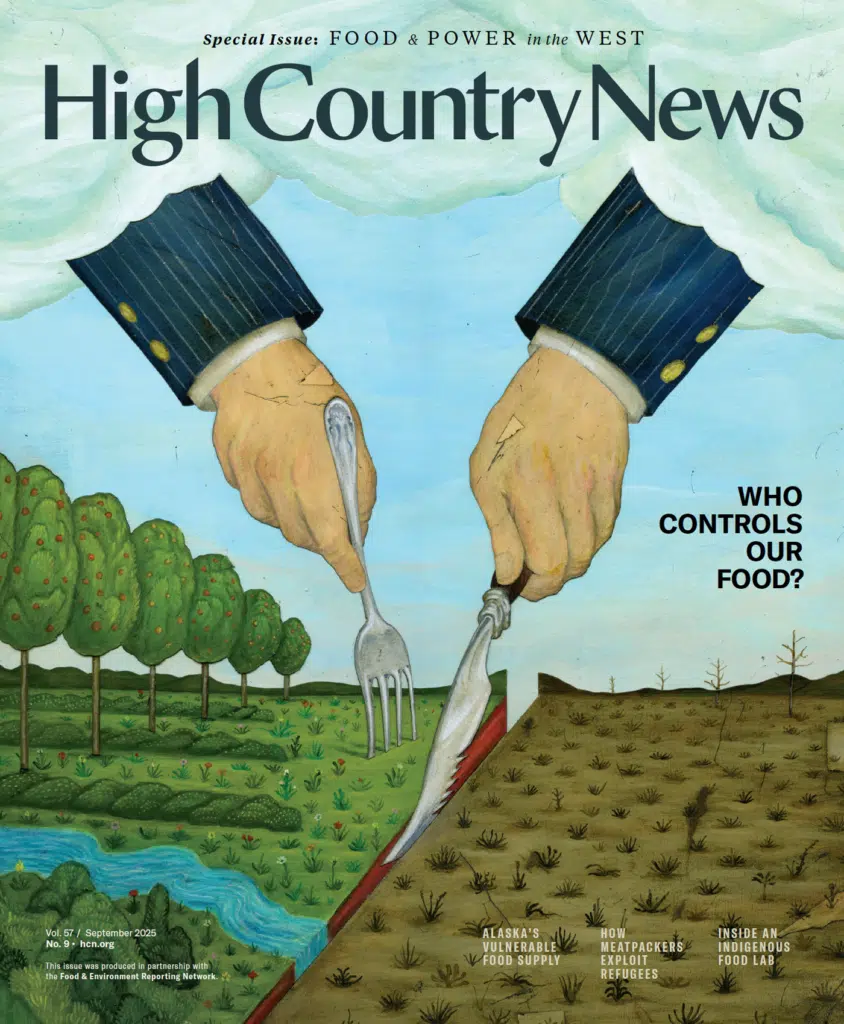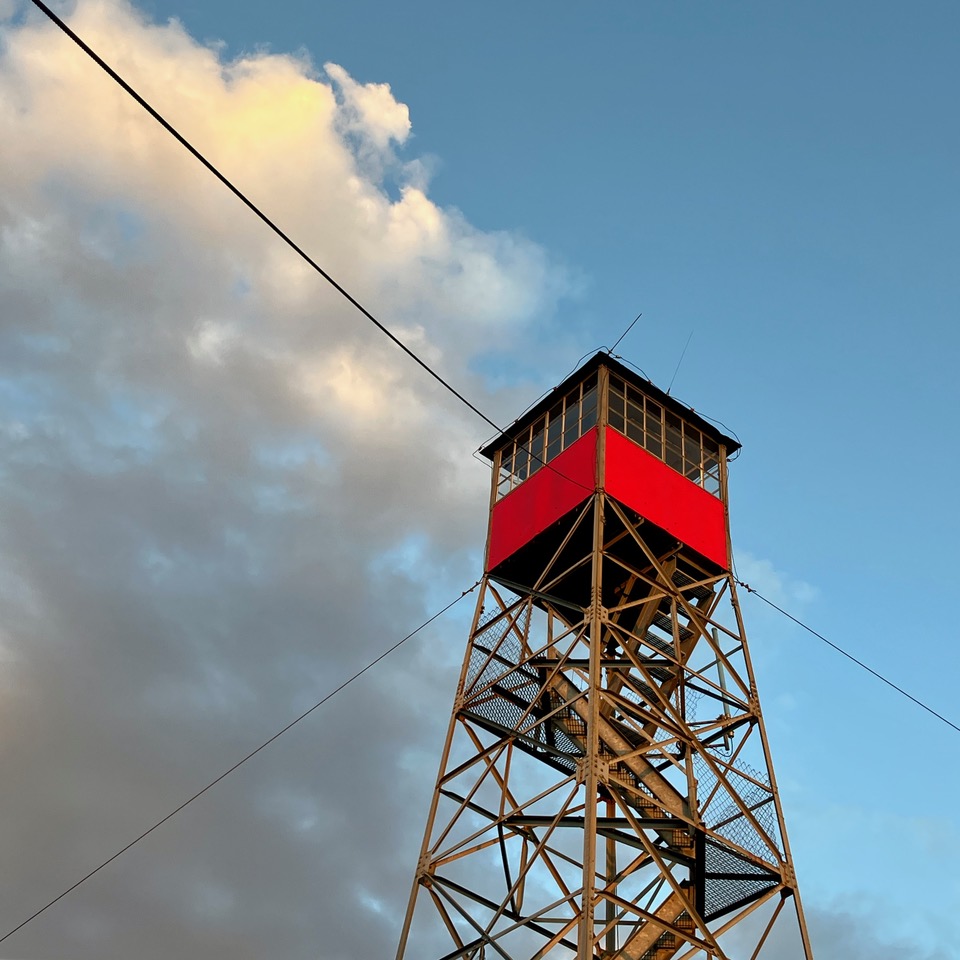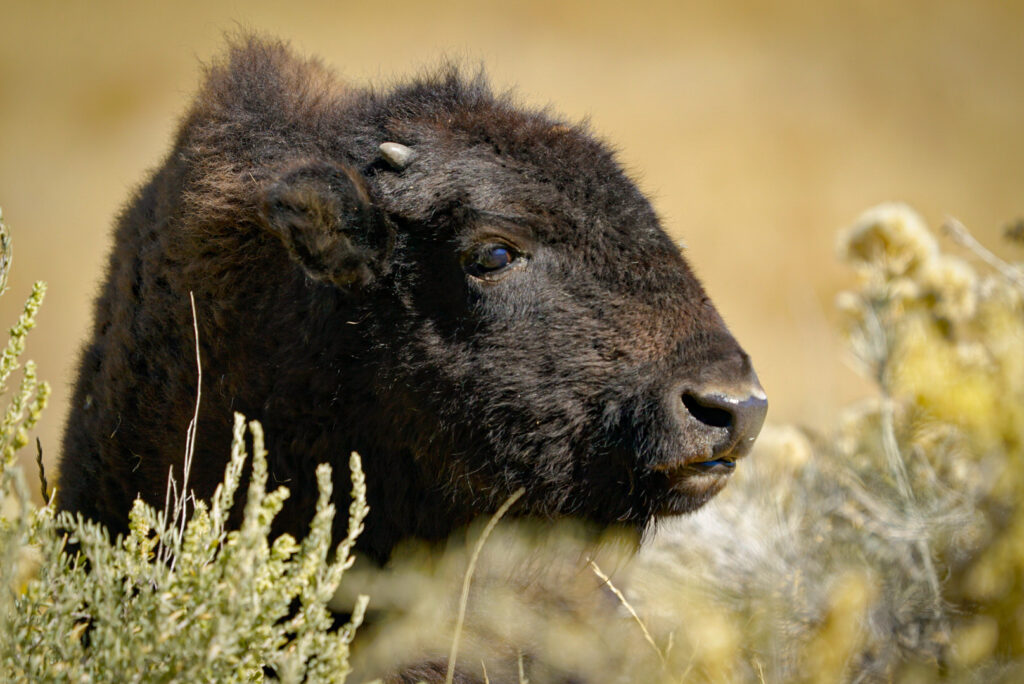Adam Mason is senior manager of Farm Animal Welfare and Environmental Policy at the ASPCA, the American Society of the Prevention of Cruelty to Animals. In our conversation, he talks about their multi-pronged approach to getting animals out of buildings and into cruelty-free lives in which they can express their natural instincts and behaviors. Farmers who make the transition from industrial/conventional livestock practices to animal-friendly practices report better lives for the animals and the farmers themselves, with benefits for land and water health, and often more autonomy and greater profitability.
Timestamp & Show Notes
2’37 how the ASPCA got involved in livestock welfare
3’34 the lives of animals in industrial agriculture
5’43 this is most of the meat and dairy we eat in the U.S.
7’03 factory farms are a fairly recent development
8’06 the problem with the “get big or get out” policies of the 1970’s
12’56 animal welfare is not an attack on farmers — factory farming is as bad for farmers as it is for farm animals
13’58 investing in both policy change and funding for farmers to transition away from industrial ag
14’25 consumer education
15’03 factory farms are more factories than farms
15’36 need investment in high welfare farms instead of factory farms and need a good marketplace for healthy foods
16’17 they’re working with beginning farmers, generational farmers, and contract farmers
17’03 contract farmers get trapped in debt, the “industrial ag treadmill”
18’00 NC farmers who were doing contract chicken farming and then got out of it
19’05 the horrors of the “tournament system” in chicken farming that pits farmers against each other
20’27 the integrators provide the chickens, the farmers provide the buildings
21’44 squeezing every last dollar out of the operation
22’48 dairy farmer in Maryland who made a transition from confinement to pasture
23’54 they don’t buy any seed, low inputs, cows on pasture, calves get to nurse
25’42 letting animals express their own instincts and behaviors
26’42 animal welfare is part of regenerative agriculture
27’43 how transitions away from toxic farming help the local communities — public health, economic, environmental benefits
29’27 Will Harris’s story about rural revitalization
30’12 pushback from the industrial system — attempts to confuse
32’15 supporting animal welfare certifications
35’08 helping farmers with the cost of certification with the Fund-a-Farmer program
36’33 public policy — farm bill expired and programs are in jeopardy
37’40 lobbyists spend vast amounts of money each year. ASPCA tries to match that lobbying with farmers’ voices
38’16 the Industrial Ag Conversion Act
39’31 Industrial ag is trying to pre-empt state laws that guarantee animal welfare
40’18 Niman Ranch is doing a good job with animal welfare and generating more wealth that stays in their communities
43’36 getting to a humane farm system takes all the different voices among producers and consumers and community members
45’18 the role of consumer demand
47’09 what Adam has learned from farmers by doing this work


